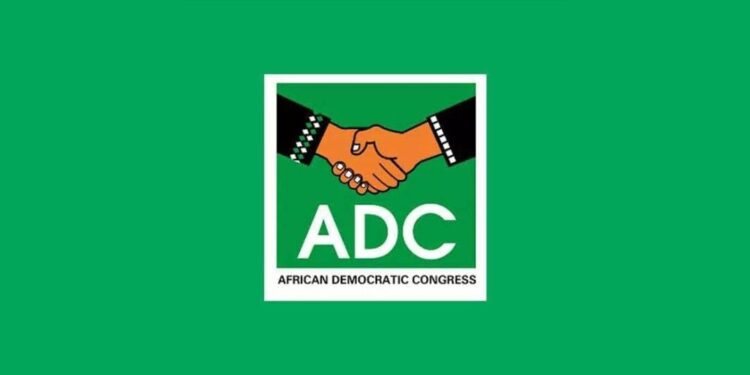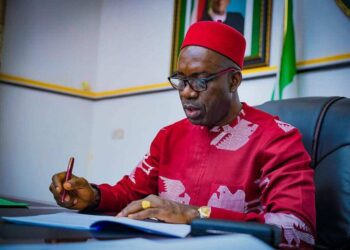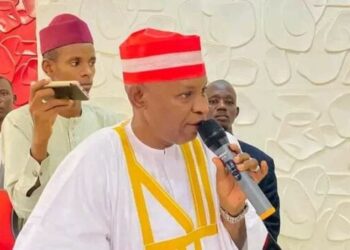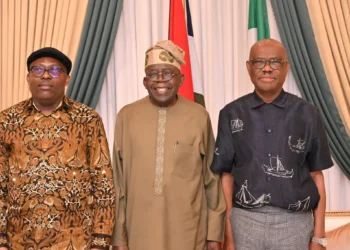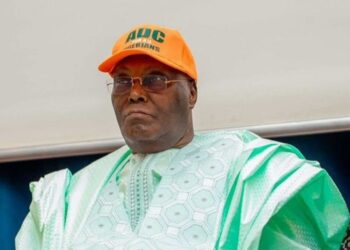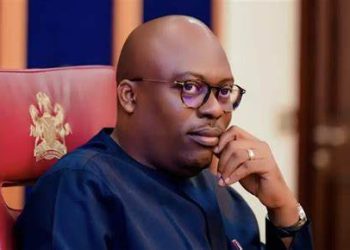The African Democratic Congress has criticized the Federal Government’s decision to cancel the 65th Independence Anniversary parade, describing it as further evidence of a disconnect between the presidency and ordinary Nigerians.
The government announced on Monday that the parade scheduled for October 1 in Abuja would not take place, though other anniversary activities would proceed as planned. The cancellation has sparked controversy, with opposition parties questioning both the timing and justification for the decision.
Speaking in an interview on Tuesday, ADC National Publicity Secretary Bolaji Abdullahi argued that the cancellation deprived Nigeria of an important symbolic moment that carries national significance.
“This independence celebration is a remarkable milestone. It is an opportunity for Nigeria to project itself to the world and inspire the people, to renew their confidence in the country and their government. But what did the government do yet again?” Abdullahi questioned.
The ADC spokesman suggested that President Bola Tinubu’s absence from Abuja might have influenced the decision to cancel the parade. “I am sure the reason the Presidency cancelled the parade is because the President is not in Abuja. The last time I checked, he was in Lagos, unless he returned without the public knowing,” he stated.
Abdullahi expressed surprise at the timing of the cancellation, particularly given that preparations and invitations had already been issued. He challenged the government’s explanation that economic constraints prompted the decision.
“They might claim the cancellation was in line with the government’s modest approach due to the economic situation. But at what point did they suddenly realize there is an economic challenge in the country? When they were sending out invitations, didn’t they know about the economic reality then?” the ADC official asked.
He called for greater transparency from the government regarding the actual reasons behind the cancellation. “Whatever they are hiding, they owe it to Nigerians to be transparent. And we would soon know. This decision does not reflect who we are as a country. It is simply another case of presidential abstinence,” Abdullahi added.
The opposition spokesman connected the parade cancellation to what he characterized as a broader pattern of presidential absence from significant national events. He referenced President Tinubu’s failure to attend the Nigerian Defence Academy passing-out parade where approximately 800 officers were commissioned into the military last Saturday.
“Just two days ago, we raised the concern that the President has not attended the passing-out parade of the Nigerian Defence Academy for two years. About 800 officers were commissioned into the Nigerian military last Saturday, yet the President was absent,” Abdullahi noted.
He criticized the president’s decision to prioritize the commissioning of the renovated National Arts Theatre in Lagos over the military ceremony. “If he could not attend personally, he could at least have sent the Chief of Army Staff. And why was the President not there? The President was in Lagos to commission the renovated National Arts Theatre,” he said.
Abdullahi argued that the president’s absence from important national ceremonies sends negative signals both domestically and internationally. “These are moments that project our identity as a nation. They are opportunities to unite the people and give them hope. When they are treated lightly, it diminishes who we are,” he concluded.
The cancellation of the Independence Day parade represents a departure from tradition, as Nigeria has historically marked the anniversary with military displays and celebrations in the capital city. The decision has prompted questions about whether economic considerations genuinely motivated the cancellation or whether other factors played a role in the government’s decision-making process.

